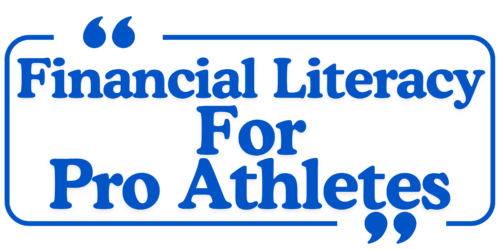Curriculum: Debt Literacy: Understanding and Managing Debt
Module 1: Introduction to Debt Literacy
- Objective: Understand the importance of debt literacy and its impact on financial health.
- Topics Covered:
- Definition of debt literacy and its relevance to financial well-being
- Types of debt: secured vs. unsecured, revolving vs. installment
- The psychological effects of debt and its impact on overall well-being
Module 2: Types of Debt
- Objective: Identify different types of debt and their characteristics.
- Topics Covered:
- Credit card debt: interest rates, fees, and terms
- Student loans: federal vs. private, repayment options, and forgiveness programs
- Auto loans: understanding loan terms, leasing vs. buying
- Mortgages: types of mortgages, interest rates, and terms
- Personal loans and payday loans: risks and benefits
Module 3: Understanding Credit Scores
- Objective: Learn about credit scores, their importance, and how they are calculated.
- Topics Covered:
- The components of a credit score: payment history, credit utilization, length of credit history, types of credit, and recent inquiries
- How credit scores affect borrowing and interest rates
- Ways to check your credit score and interpret the results
- Strategies for improving and maintaining a healthy credit score
Module 4: The Impact of Debt on Financial Health
- Objective: Explore how debt affects overall financial stability and future goals.
- Topics Covered:
- How debt can hinder financial goals: saving for retirement, home ownership, and investments
- The relationship between debt and mental health
- Understanding debt-to-income ratio and its significance
- The long-term costs of carrying debt: interest payments and opportunity costs
Module 5: Strategies for Managing Debt
- Objective: Learn effective strategies for managing and reducing debt.
- Topics Covered:
- Creating a debt repayment plan: prioritizing debts and setting goals
- Understanding the snowball vs. avalanche methods for paying off debt
- How to negotiate with creditors: lowering interest rates and payment plans
- The importance of budgeting in managing debt
Module 6: Debt Consolidation and Refinancing
- Objective: Understand the options for consolidating or refinancing debt.
- Topics Covered:
- What is debt consolidation and how it works
- Pros and cons of consolidating different types of debt
- Refinancing options for mortgages and student loans
- When to consider debt consolidation and how to find reputable services
Module 7: Avoiding Common Debt Traps
- Objective: Identify and avoid common pitfalls that lead to excessive debt.
- Topics Covered:
- The dangers of payday loans and high-interest credit cards
- Lifestyle inflation: recognizing when spending exceeds income
- The importance of emergency savings to avoid reliance on credit
- Recognizing the signs of debt addiction and seeking help
Module 8: Building a Strong Financial Foundation
- Objective: Create a plan for a sustainable financial future free from excessive debt.
- Topics Covered:
- Setting financial goals and developing a savings plan
- Understanding the importance of living within means
- Building an emergency fund to prevent future debt
- Strategies for creating multiple income streams
Module 9: Seeking Help and Resources
- Objective: Learn when and how to seek professional help for debt management.
- Topics Covered:
- Identifying when debt becomes unmanageable
- Resources for financial counseling and debt management
- Working with certified credit counselors and financial advisors
- Understanding bankruptcy as a last resort: pros, cons, and consequences
Module 10: Maintaining Debt Literacy
- Objective: Develop a lifelong commitment to debt literacy and financial health.
- Topics Covered:
- The importance of ongoing education in personal finance
- Staying informed about changes in debt laws and financial products
- Building a support network: family, friends, and financial professionals
- Creating a personal action plan for continued debt management
Assessment and Certification
- Objective: Evaluate understanding and provide certification upon completion.
- Components:
- Quizzes at the end of each module to assess knowledge retention
- A final exam covering all modules
- Certificate of completion for successful participants
Interactive Elements
- Webinars and Q&A Sessions: Host live sessions with financial experts to share insights and answer questions about debt management.
- Discussion Forums: Create a community space for athletes to share experiences, tips, and strategies related to debt literacy.
This curriculum aims to empower professional athletes with the knowledge and skills needed to understand and manage their debt effectively, promoting financial stability and long-term success.
